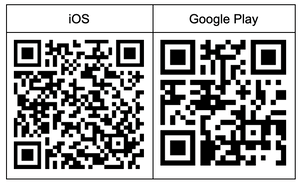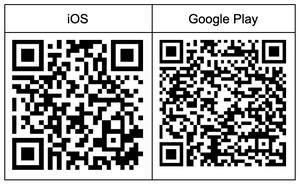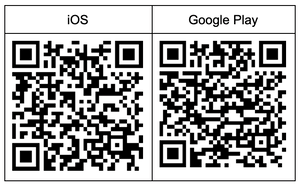LC Maps of Military Battles and Campaigns
Library of Congress Military Battles and Campaigns
https://www.loc.gov/collections/military-battles-and-campaigns/
Digital Literacy for St. Cloud State University
https://www.loc.gov/collections/military-battles-and-campaigns/
the comment below that posting:
Margaret Teall: Maybe if they’re experts on assessments. But…are they?
my annotations here:
Rather than asking if online education is going to replace “traditional” education, institutions need to think through how different modalities can meet student needs. Institutions can also communicate with students about the tradeoffs associated with different educational modalities, so that students can choose courses that are the best fit for their lives.
https://www.pharmaceutical-technology.com/comment/augmented-reality-ar-technology-trends/
a performance- or competency-based approach to education
little evidence that personalized learning improves student learning, in part because so many different approaches are used.
Advocates of competency-based education say they believe public opinion is also shifting their way. They point to a recent national poll showing that 74 percent of voters think the lack of personalized learning in schools is “a problem.”
+++++++++++++
more on competency based ed in this iMS blog
https://blog.stcloudstate.edu/ims?s=competency+based
https://www.iste.org/explore/tools-devices-and-apps/create-ar-using-these-5-apps
ARize Free for up to 10 experiences

Arloopa Free for up to 10 experiences

Assemblr Free with the QR code

EyeJack Creator Free


Unlike in other post-communist countries, where atrocities committed by former regimes are being documented by government institutions — such as the Stasi Records Archive in Germany or the Institute of National Remembrance in Poland — in Russia this mammoth task was left to volunteers.
https://www.npr.org/2021/12/24/1063057224/archeology-science-discovery-2021-dna-mammoth
https://www.ecampusnews.com/2021/12/22/higher-eds-essential-role-in-upskilling-and-reskilling/
Institutions of higher education have a chance to play a role in transforming the outdated perception of what college is–via strategies including upskilling
There is a greater need than ever before to provide increasingly specialized disciplinary knowledge, coupled with advanced workforce skills, without diminishing the role and importance of a broad-based education that ensures critical thinking and analytical reasoning along with social and communications skills and understanding. Simultaneously, in the context of millions of employees with some or no college and no degree, there is a need for academia to play an increased role in facilitating the continued employability of people already in the workforce through short-term credentials and certifications, enabling an updating of their knowledge and skills base.
Coskilling: The integration of knowledge (broad based and specialized) and relevant job skills into degree programs so that both facets are mastered simultaneously requires that institutions of higher ed focus on four key aspects simultaneously: (a) Increase opportunities for students to gain a well-rounded education intertwined with professional skills; (b) Respond at a significantly faster pace to the needs of the job market and be better aligned with advances in technology and information; (c) Create more flexible and personalized pathways for students to convert knowledge and learning to skills that result in earnings capacity; and (d) Change the “stove pipe” structure between academe and the workplace to enable greater alignment between the curriculum and new areas of workforce need.
Coding and “skills-building” bootcamps, enhanced career development services, and credentials and certificates are increasingly being offered by community colleges and universities either by themselves, or in conjunction with, external entities. Some are forming partnerships with corporate giants such as Boeing, Amazon Web Services, Cisco, and Google,
Upskilling
a greater need for employees to be “upskilled–mastering new skills, developing an understanding of a higher level of use of technology, and operating in a highly data-driven world. While a portion of upskilling can be undertaken “on the job,” institutions of higher education have the responsibility and opportunity to develop new certificates and courses, both self-standing and stackable, towards post-baccalaureate degrees that will build on existing levels of knowledge and skill sets.